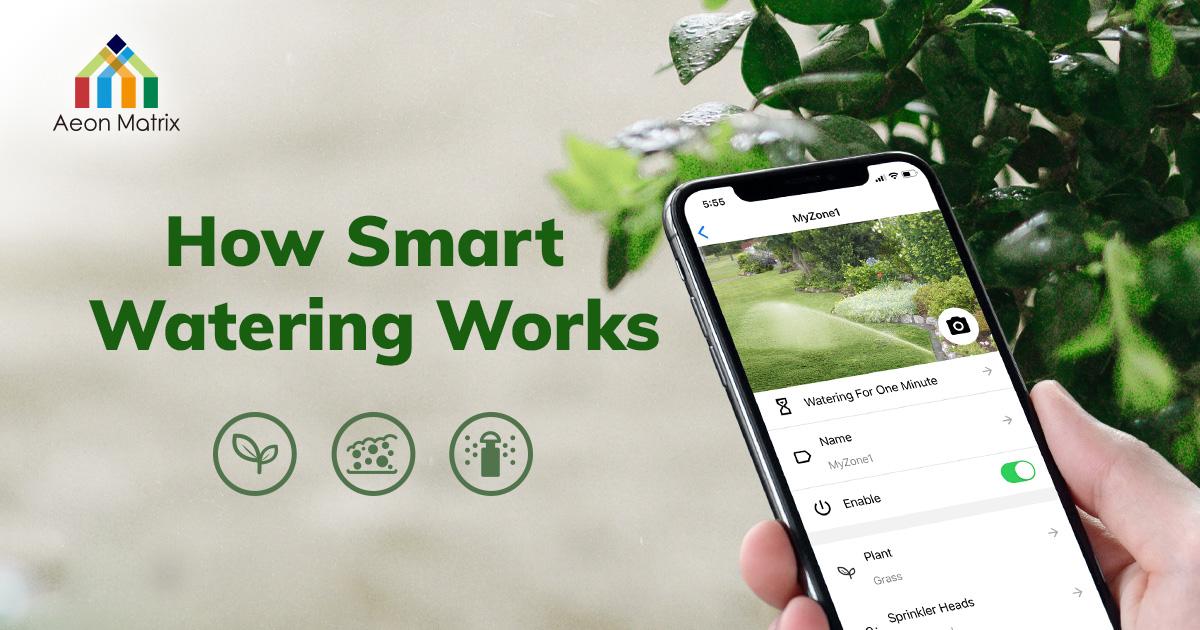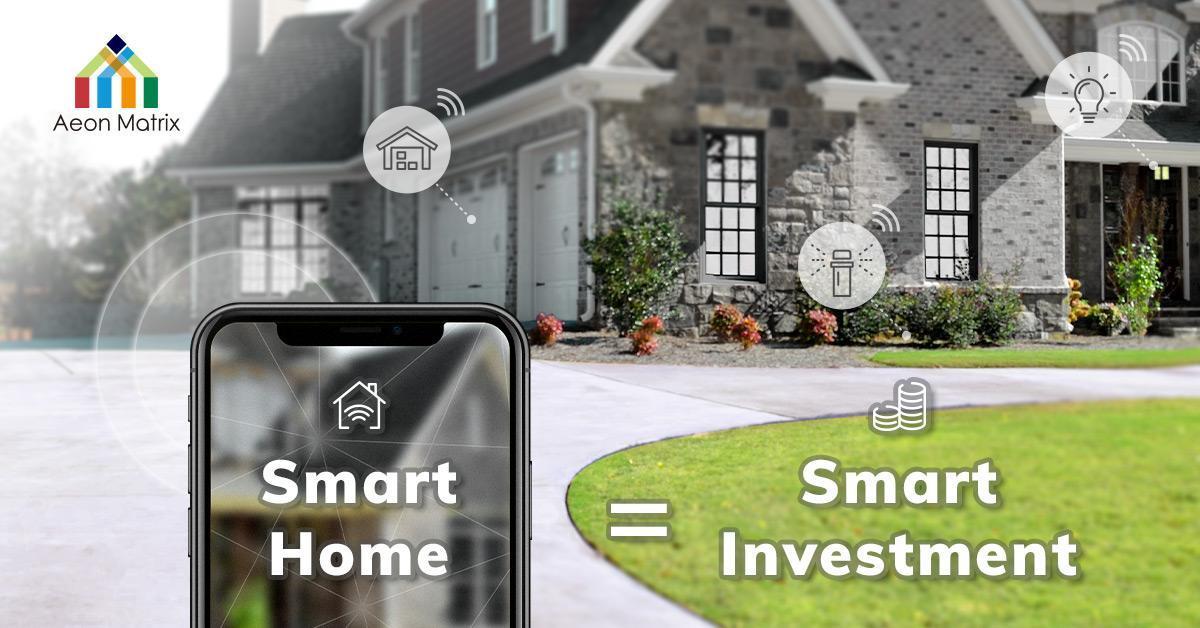How Smart Homes Save Energy
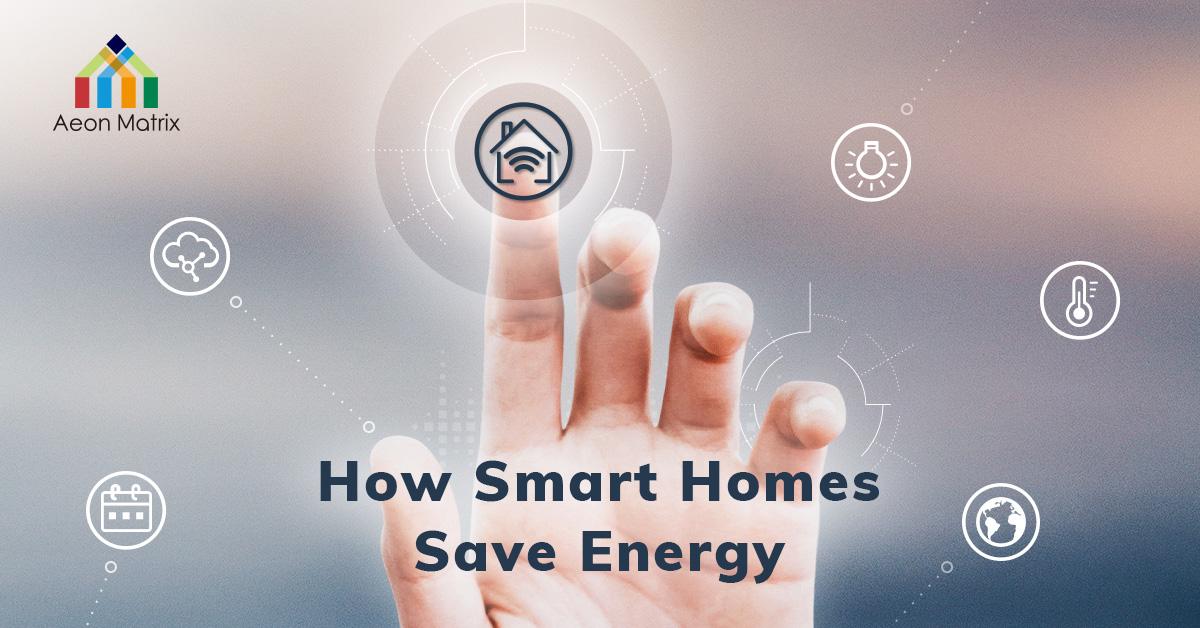
You no longer have to imagine electric cars, motion-sensing lights, and voice-activated appliances as they’re already here. Today’s homes are becoming more and more like the homes of the proverbial future, and we call them smart homes.
By 2022, 63 million American homes will qualify as “smart,” meaning that they’re on a smart home system. This includes everything from Wi-Fi-connected LED lights to surveillance cameras connected to mobile phones. Smart homes use interconnectivity to learn about your living habits, and this allows a smart home system to anticipate your needs and maximize energy use. Not only will it provide you with more convenience, but it will also promote energy efficiency through the following:
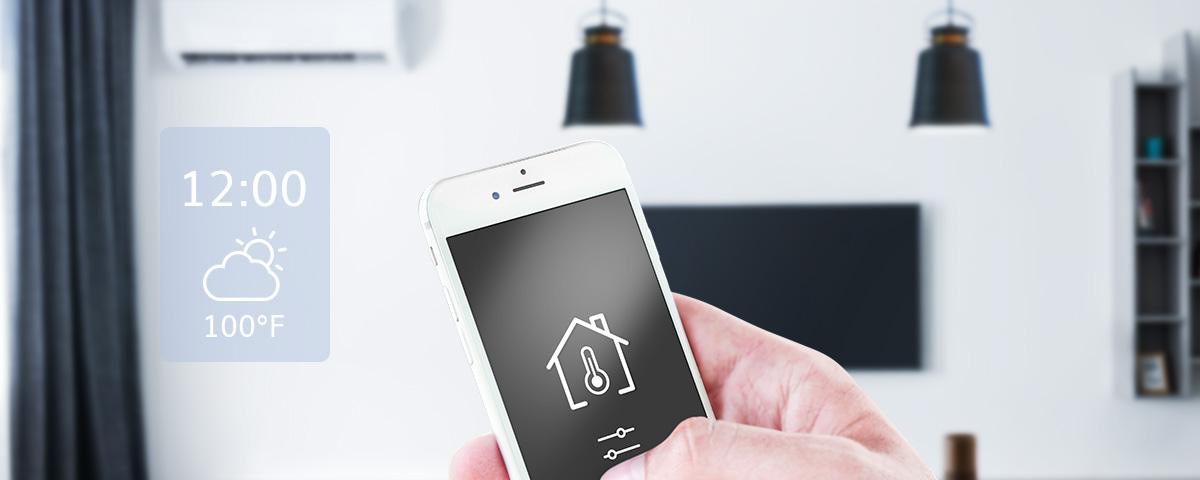
Temperature monitoring
Heating and cooling systems use a huge amount of energy in the home. With a smart thermostat and temperature sensors, you can adjust to energy needs instantly. The system keeps track of which rooms you’re occupying and when, guaranteeing that you get the optimal temperature when you’re in the room.
You can even program and control smart thermostats through your mobile phone, allowing you to adjust home temperatures before you get home. This reduces the time it takes for you to warm up or cool your home, and reduces how often your heating and cooling systems are on. Ultimately, you may save up to 23% of your annual energy consumption with the right smart thermostat and sensors.
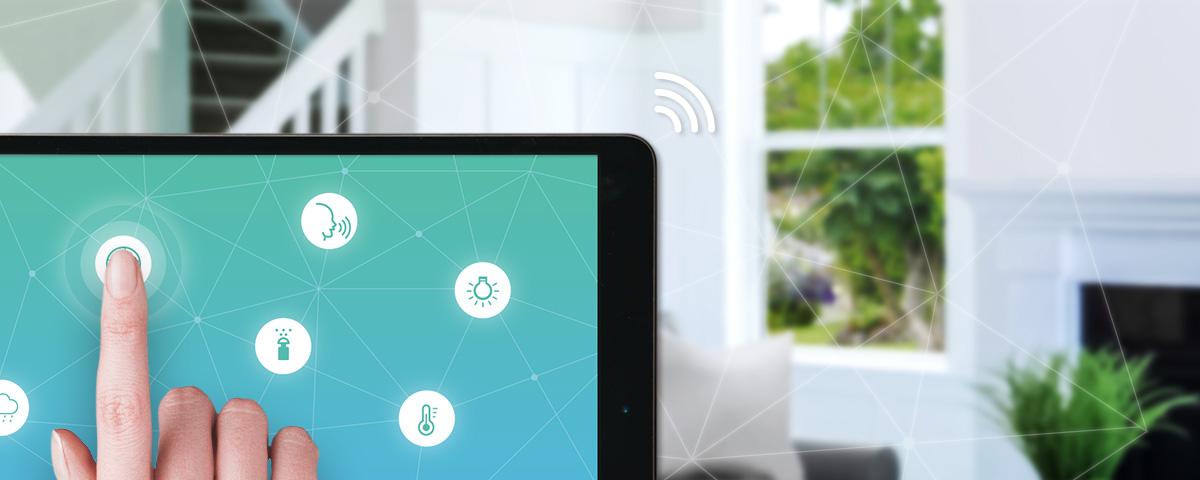
More efficient switch systems
Smart appliances, on the other hand, can ensure that this standby energy consumption is eliminated by implementing touch sensor technology. These types of switches are more intuitive, easier to maintain, and are more durable. They’re also more resistant to substances that may damage manual switches, such as moisture, dust, dirt, and cleaning agents. Apart from being energy-efficient, smart switches are also more reliable. When making the switch to smart appliances and electronics, consider these purchases as investments for the long run.
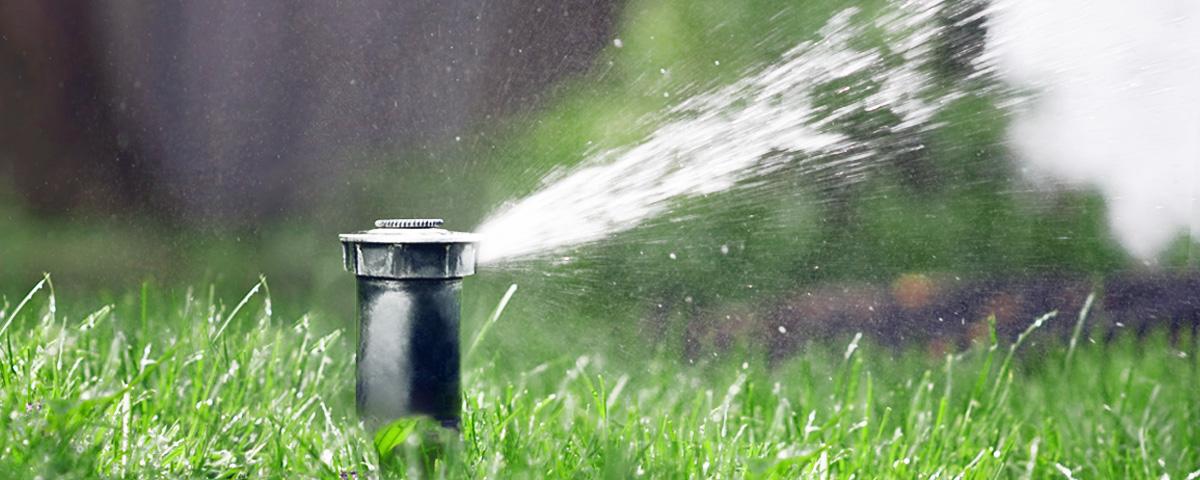
Smart sprinkler systems
You are likely using too much water on your lawn. In fact, almost half of all water used outdoors is wasted because of inefficient irrigation systems. A smart sprinkler system may save you money on your water bill and help you support water conservation efforts. They automatically sync with the weather forecast, setting watering times to complement the chances of rainfall.
It’s important to choose an EPA WaterSense certified sprinkler controller too. These devices can make water usage reports so you’re notified when you’re using too much. It can also give you better insight into the choice times to water your lawn. You may set watering hours at the lowest temperatures – such as in the early morning – and you won’t even have to get out of bed to do that. You see, a smart home system reaches beyond just the indoor environment.
If you value cost-efficiency and optimized energy consumption, it’s time to shift to a smart home.
